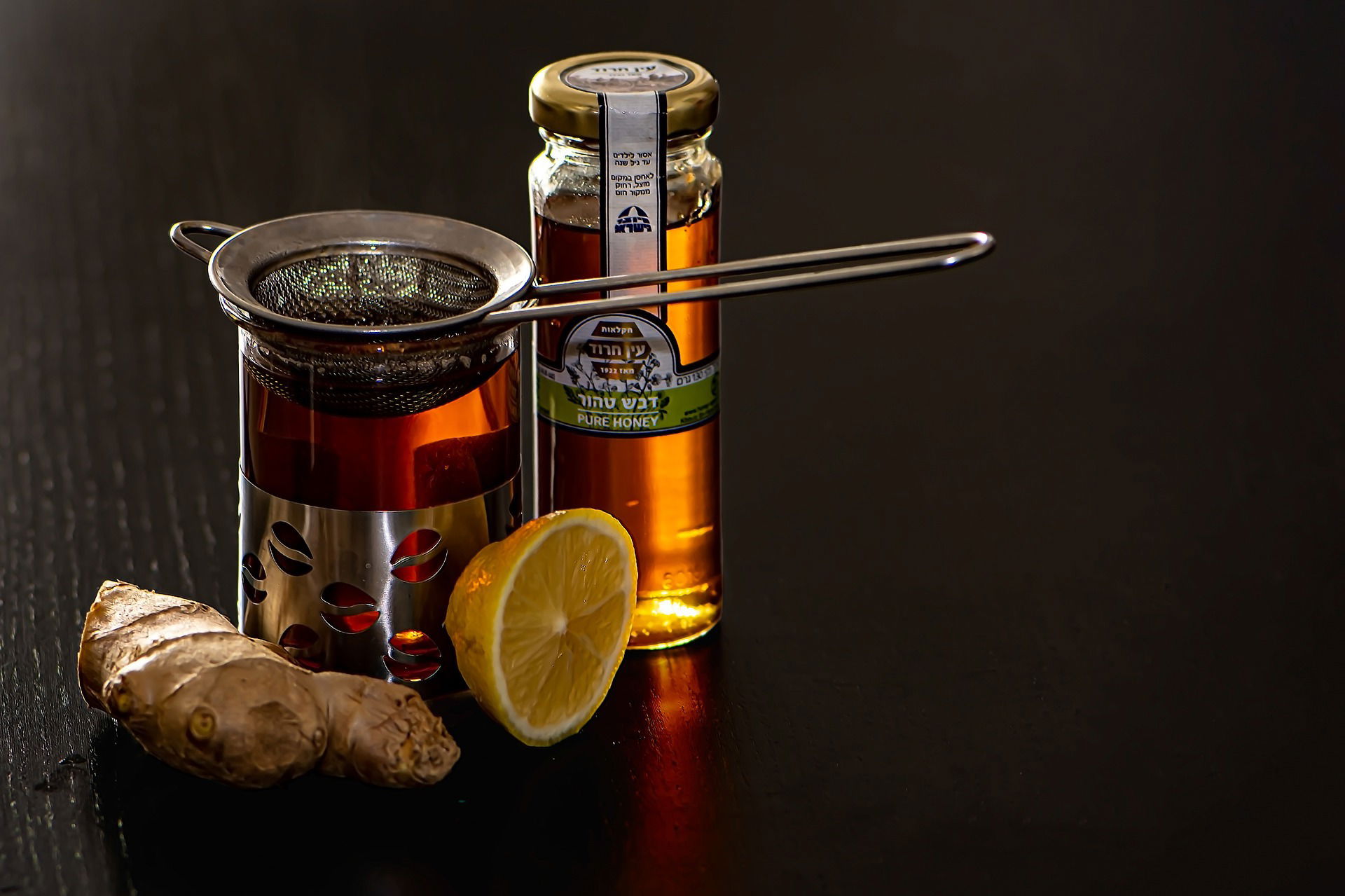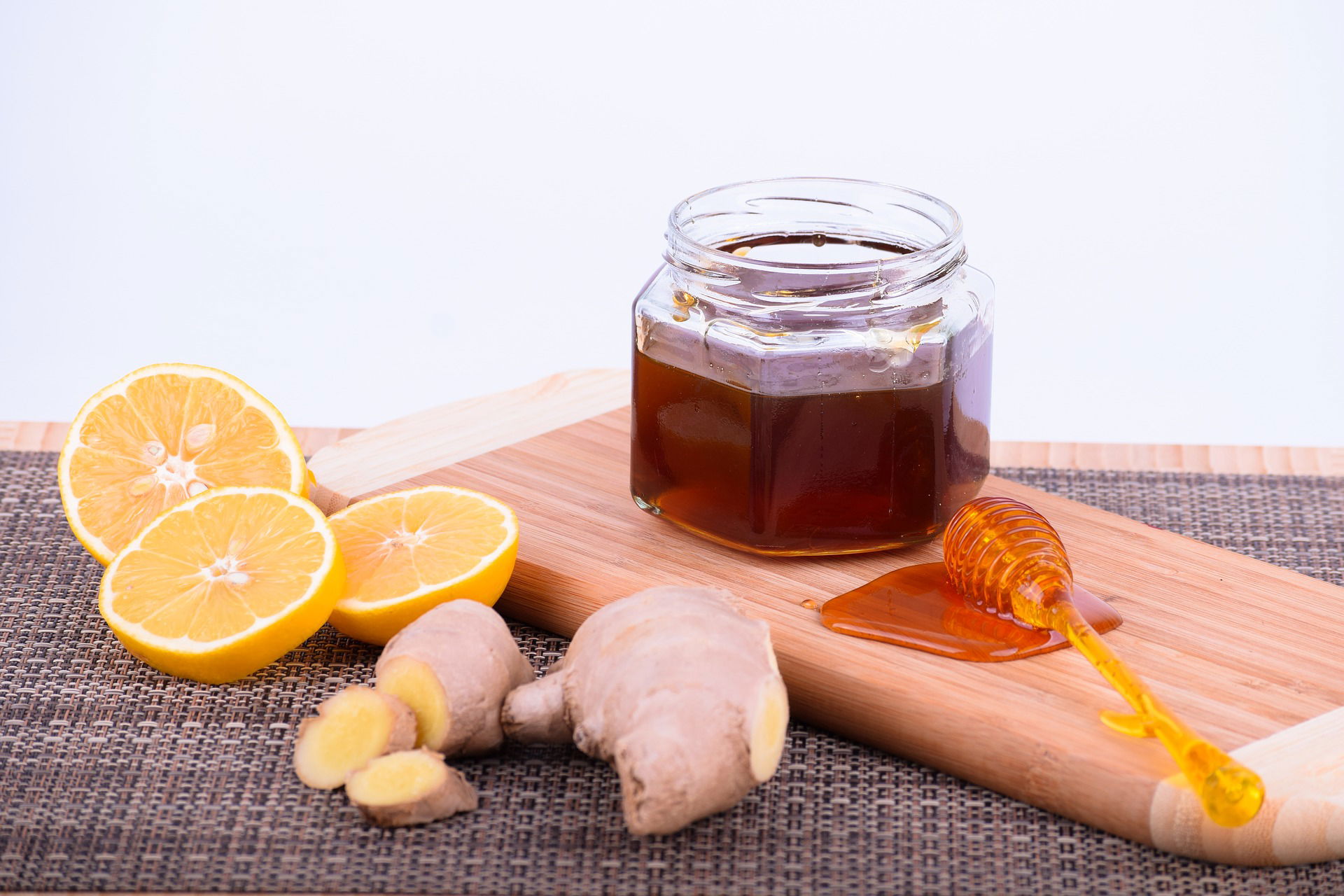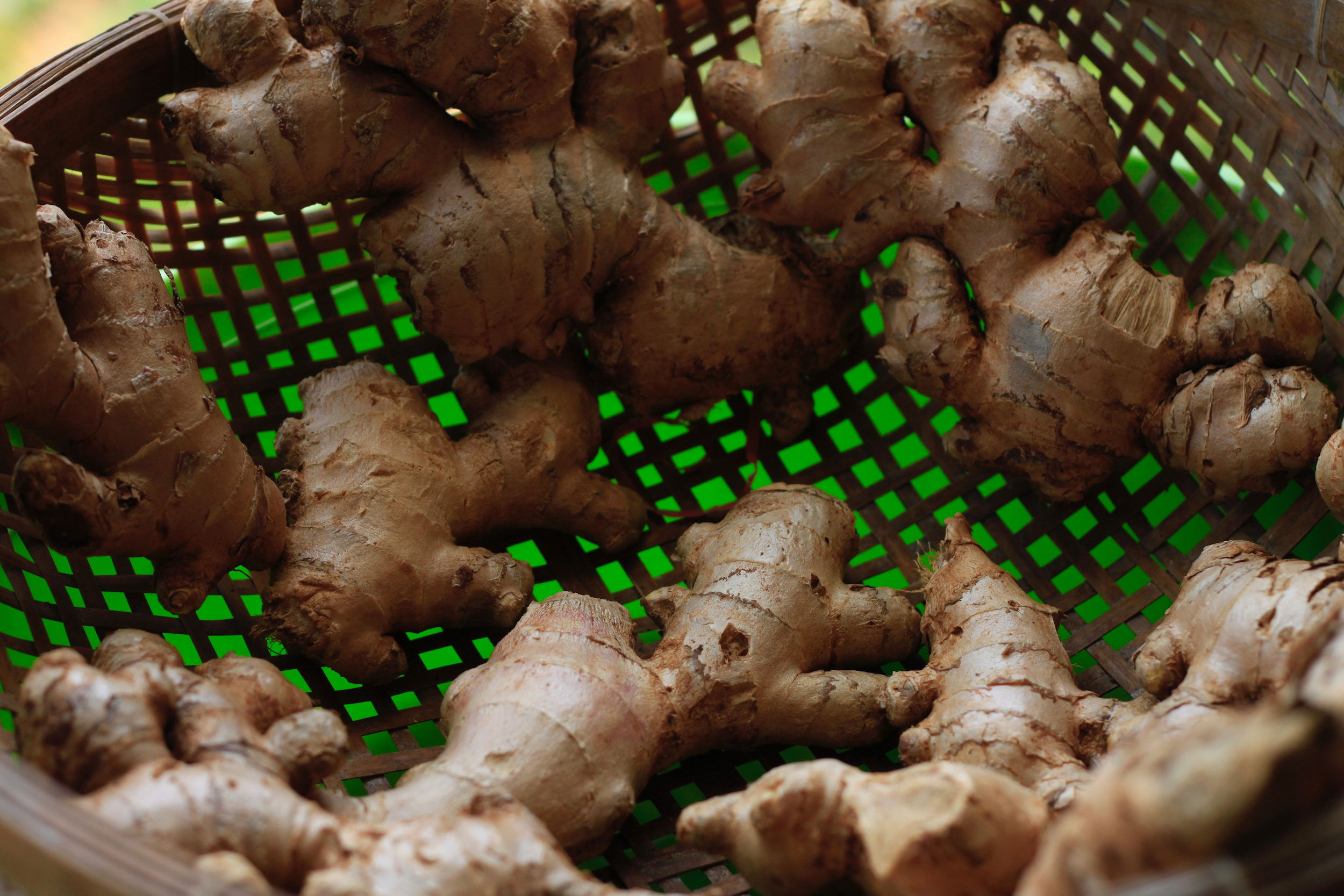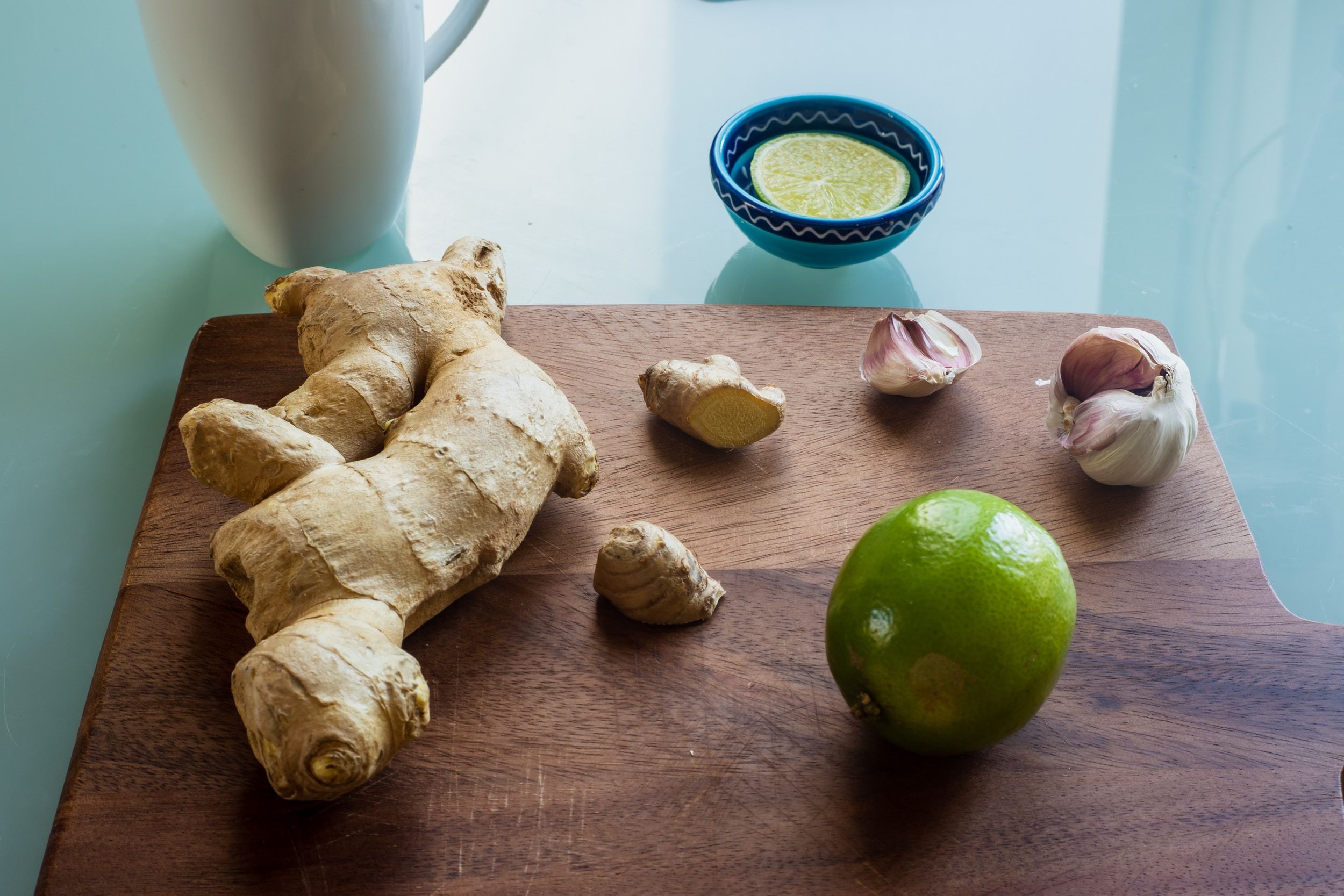Culinary Uses of Thai Ginger in Food and Beverage Industry

Thai Ginger is a highly versatile plant with a wide range of applications in various industries, including food, beverage, cosmetics, and traditional medicine. Its unique flavor and aroma have made it a staple ingredient in Thai cuisine, while its various health benefits and skincare properties have made it an increasingly popular ingredient in the beauty and cosmetic industry.
In this article, we will explore the many uses of Thai ginger, from its culinary applications to its use in skincare and hair care products, as well as its traditional and modern uses in Thai culture. We will also look at the potential for future innovations and applications of this versatile plant.
Introduction to Thai Ginger and its Versatility
Thai ginger, also known as galangal, is a root that is commonly used in Southeast Asian cuisine. This ginger variety has a citrusy, sharp, and peppery taste that sets it apart from other ginger types. Thai ginger can be used fresh, dried, or ground, making it a versatile ingredient in the food and beverage industry. But its uses go beyond just cooking and flavoring. Thai ginger also has health benefits and is used in skincare products and treatments.
What is Thai Ginger?
Thai ginger is a rhizome, similar to regular ginger, that belongs to the Zingiberaceae family. This ginger variety is native to Southeast Asia and is commonly used in Thai, Indonesian, and Malaysian cuisine. It has a characteristic reddish-brown skin and white or yellowish flesh. The flavor of Thai ginger is distinctively citrusy and slightly spicy.
Why is Thai Ginger So Versatile?
Thai ginger's unique taste and aroma make it a popular ingredient in Southeast Asian cooking. It can be used fresh, dried, or powdered to add flavor to curries, stir-fries, soups, and marinades. But its versatility goes beyond the culinary world. Thai ginger also has medicinal properties that make it ideal for the health and beauty industry. It is rich in antioxidants, anti-inflammatory compounds, and essential oils that benefit the skin and the body.
Culinary Uses of Thai Ginger in Food and Beverage Industry
Thai ginger's bold and citrusy flavor is a staple in Southeast Asian cuisine, but it can also be used in various international dishes. Additionally, Thai ginger's flavor pairs well with many beverages, making it a popular ingredient in the drink industry.

Thai Ginger in Traditional Thai Cuisine
Thai ginger is an essential ingredient in traditional Thai cuisine. It is used to flavor classic dishes such as Tom Yum soup, green curry, and Thai fish cakes. The fresh or dried root is often pounded into a paste and added to curry dishes, while the powdered form is used to season meat and seafood dishes.
Thai Ginger in International Dishes
Thai ginger's unique flavor profile also makes it a versatile ingredient in international dishes. It can be used to add a spicy kick to marinades, dressings, and dips. Thai ginger pairs well with other Asian flavors like soy sauce, sesame oil, and rice vinegar. It can also be used to add a zing to pasta dishes and roasted vegetables.
Thai Ginger in Beverages
The citrusy and slightly spicy taste of Thai ginger also makes it a favorite ingredient in the beverage industry. Thai ginger can be used to make tea, smoothies, and cocktails. Beverages like ginger beer and ginger ale also use Thai ginger in their recipes.

Health Benefits of Thai Ginger in Food and Beverage Industry
Thai ginger has numerous health benefits, including anti-inflammatory, immune-boosting, and digestive properties.
Anti-inflammatory and Pain Relief Properties
Thai ginger contains compounds like gingerols and shogaols that have anti-inflammatory properties. This makes it an effective natural remedy for pain relief, including menstrual cramps and arthritis.
Immune Boosting Benefits of Thai Ginger
Thai ginger is rich in antioxidants, which helps to boost the immune system. It also has antibacterial properties that can help prevent infections.
Aids Digestion and Improves Gut Health
Thai ginger has been used for centuries to aid digestion and treat digestive issues like nausea, bloating, and constipation. It can also help improve gut health by promoting the growth of healthy bacteria in the gut.

Thai Ginger in Beauty and Cosmetic Industry: Skincare Products and Treatments
Thai ginger is also used in the beauty and cosmetic industry for its skincare benefits. The root contains anti-inflammatory, antibacterial, and antioxidant compounds that benefit the skin.
Thai Ginger in Skincare Products
Thai ginger is a popular ingredient in skincare products like creams, lotions, and serums. It helps to brighten the skin, improve fine lines, and boost the skin's overall health.
Thai Ginger for Treating Acne and Skin Inflammation
Thai ginger's anti-inflammatory and antibacterial properties make it an effective natural remedy for acne and skin inflammation. It can help reduce redness, swelling, and irritation caused by acne and other skin conditions.
Thai Ginger for Brightening and Anti-aging
Thai ginger's high antioxidant content makes it an effective natural ingredient for brightening and anti-aging. It can help reduce the appearance of dark spots, fine lines, and wrinkles, while also boosting the skin's overall radiance and health.

Thai Ginger in Hair Care Products: Benefits and Applications
Thai ginger, also known as galangal, is a popular ingredient in hair care products due to its numerous benefits for scalp health and hair growth. It is rich in antioxidants and anti-inflammatory properties that help to improve the quality of hair.
Thai Ginger for Hair Growth and Scalp Health
Thai ginger contains essential oils that stimulate blood circulation in the scalp, promoting healthy hair growth. It is also effective in nourishing and strengthening hair follicles, preventing hair loss, and promoting shiny and lustrous hair.
Thai Ginger for Treating Dandruff and Itchy Scalp
Thai ginger has antifungal properties that help to control dandruff and soothe an itchy scalp. Its natural anti-inflammatory properties reduce inflammation on the scalp, preventing irritation and itching.
Thai Ginger for Adding Shine and Softness to Hair
Thai ginger contains natural moisture-locking properties that help to moisturize and condition hair, leaving it soft and shiny. It is also an excellent natural detangler, making it easier to manage and style.

Thai Ginger in Fragrance and Aromatherapy Products: Uses and Benefits
Thai ginger has been used for centuries in various forms of aromatherapy and fragrance due to its unique and invigorating scent.
Thai Ginger in Fragrance Industry
Thai ginger is a popular ingredient in fragrance industry due to its strong, warm, and spicy scent that adds depth and intensity to fragrances. Its exotic aroma is often used in perfumes, colognes, and body sprays.
Thai Ginger in Aromatherapy
Thai ginger is also used in aromatherapy due to its calming and refreshing properties. It is believed to help alleviate stress, boost energy levels, and promote mental clarity. Its invigorating scent helps to uplift the mood and promote relaxation.
Thai Ginger for Mental Clarity and Relaxation
Thai ginger is often used in meditation and yoga to promote relaxation and mental clarity. Its calming and grounding properties help to reduce anxiety and promote a sense of calm and tranquility.

Thai Ginger: Traditional and Modern Uses in Thai Culture
Thai ginger has a long history of traditional uses in Thai medicine, cuisine, and culture.
Thai Ginger in Traditional Thai Medicine
Thai ginger has been used in traditional Thai medicine for centuries to treat various ailments, including digestive issues, respiratory problems, and joint pain. It is believed to have anti-inflammatory, analgesic, and antibacterial properties.
Thai Ginger in Modern Thai Cuisine and Culture
Thai ginger is a popular ingredient in modern Thai cuisine, adding a unique and spicy flavor to dishes. It is used in various forms, including fresh, dried, and powdered. It is also a key ingredient in popular Thai dishes like Tom Yum soup and Pad Thai.

Conclusion: Thai Ginger's Diverse Applications in Different Industries
Thai ginger's versatility and unique properties make it a valuable ingredient in various industries, including food, beverage, cosmetics, and aromatherapy.
Summary of Thai Ginger's Versatility
Thai ginger is a natural ingredient that offers numerous benefits, including improving scalp health, promoting hair growth, reducing inflammation, and adding shine and softness to hair. It is also a popular ingredient in fragrance and aromatherapy products due to its refreshing and grounding scent. In addition, it has a long history of traditional uses in Thai medicine and cuisine.
Potential for Future Applications and Innovations
Thai ginger's versatility and unique properties offer great potential for future applications and innovations. With more research, it is possible that Thai ginger may be used in new and exciting ways in various industries, including medicine, food, and cosmetics.
In conclusion, Thai ginger is a plant that has proven to be invaluable in various industries. Its diverse applications in food, beverages, cosmetics, and traditional medicine make it a highly sought-after ingredient. Moreover, its potential for future innovations and applications is promising. As such, this versatile plant is likely to continue to play a crucial role in various industries for years to come.

Frequently Asked Questions (FAQ)
What is the difference between Thai ginger and regular ginger?
While both Thai ginger and regular ginger belong to the same family, Thai ginger has a more delicate and floral flavor compared to regular ginger, which has a stronger and spicier flavor. Thai ginger also has a thinner skin and is less fibrous than regular ginger.
Can Thai ginger be used as a substitute for regular ginger in recipes?
Yes, Thai ginger can be used as a substitute for regular ginger in recipes. However, it is important to note that it has a milder flavor compared to regular ginger, so it may not add as much heat to a dish.
What are some of the health benefits of Thai ginger?
Thai ginger has anti-inflammatory and pain-relieving properties, aids digestion and improves gut health, and has immune-boosting benefits. It is also rich in antioxidants and can help reduce the risk of chronic diseases.
Where can I find Thai ginger?
Thai ginger can be found in most Asian grocery stores or specialty stores that carry Thai ingredients. It can also be purchased online from various retailers.
